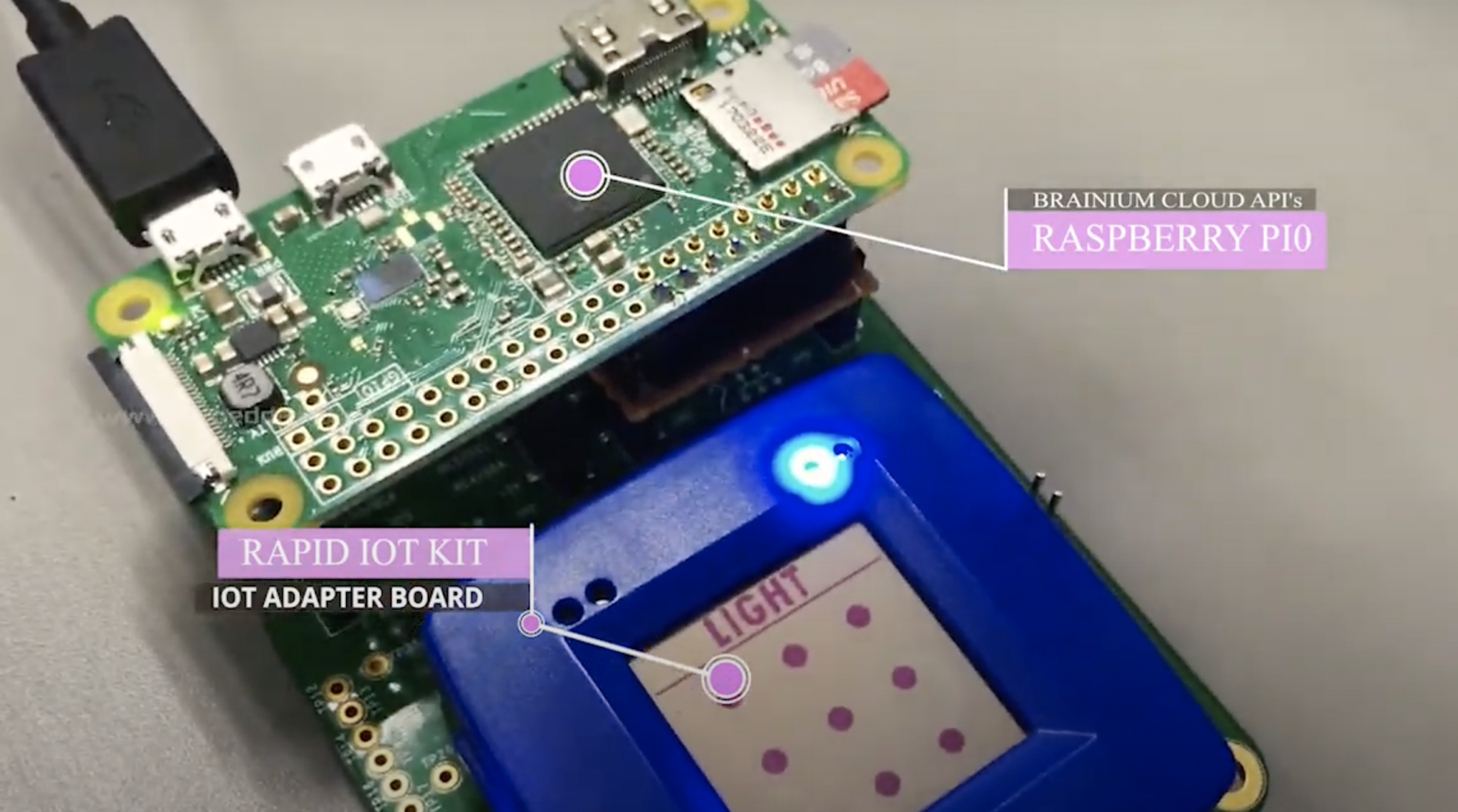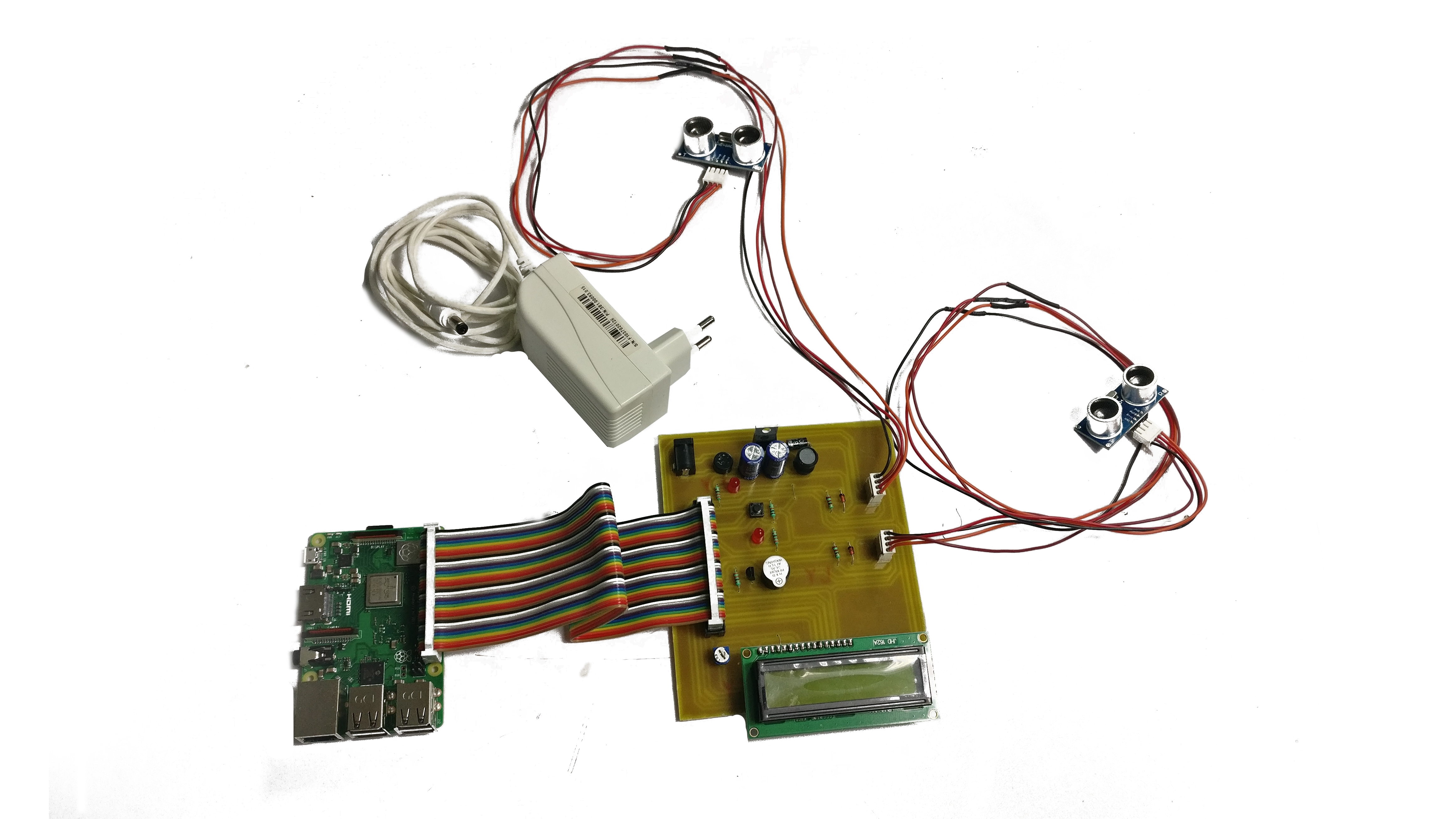Securing IoT P2P Connections On Raspberry Pi: A Comprehensive Guide
Connecting devices remotely using IoT P2P on a Raspberry Pi can transform the way you handle your projects. However, ensuring secure connections is vital in today’s interconnected world. This article will walk you through a step-by-step process to securely connect your remote IoT devices via a Raspberry Pi, ensuring both optimal performance and protection.
As industries increasingly adopt IoT technology, the need for secure communication between devices grows exponentially. The Raspberry Pi is an exceptional platform for building and managing IoT systems. However, without proper security measures, your network may be vulnerable to cyber threats such as unauthorized access, data breaches, and malicious attacks.
Whether you're a hobbyist or a professional developer, this guide will provide actionable insights and practical advice to help you download and deploy secure IoT P2P solutions on your Raspberry Pi. Let’s get started!
Read also:Caroline Kennedy A Journey Of Resilience And Health
Table of Contents
- Introduction to Secure IoT Connections
- Understanding Raspberry Pi Basics
- Overview of IoT P2P Technology
- Methods for Secure Connections
- Setting Up Remote Access on Raspberry Pi
- Software Options for Secure IoT Connections
- Downloading Free Tools for IoT Security
- Importance of Data Encryption
- Best Practices for Securing IoT Devices
- Troubleshooting Common Issues
- Conclusion and Call to Action
Introduction to Secure IoT Connections
Why Security Matters in IoT
The widespread adoption of IoT devices has revolutionized the way we interact with technology, but it also brings new security challenges. To securely connect remote IoT P2P systems using a Raspberry Pi, it's essential to understand the potential vulnerabilities and take proactive steps to mitigate them.
IoT devices often operate in unsecured environments, making them prone to unauthorized access, data breaches, and malicious attacks. By implementing robust security protocols, you can protect your devices and safeguard sensitive information, ensuring your network remains secure and reliable.
Understanding Raspberry Pi Basics
The Raspberry Pi is a highly versatile single-board computer that has gained immense popularity among developers due to its affordability and flexibility. It supports a wide range of applications, including IoT projects, media centers, and robotics.
Before delving into securing your IoT connections, it's crucial to familiarize yourself with the basics of Raspberry Pi. This includes understanding its hardware components, operating systems, and networking capabilities. A solid foundation in these areas will help you better configure and secure your IoT devices.
Overview of IoT P2P Technology
What is IoT P2P?
IoT P2P (Peer-to-Peer) technology enables direct communication between devices without the need for centralized servers. This decentralized approach offers numerous advantages, such as reduced latency, improved scalability, and enhanced privacy. By leveraging Raspberry Pi, you can create a secure and efficient P2P network for your IoT devices.
However, securing IoT P2P connections requires specialized knowledge and tools. Understanding the technology's underlying principles and potential risks is essential for implementing effective security measures.
Read also:Exploring Tamilblastersin A Comprehensive Guide To Its Features Risks And Impact
Methods for Secure Connections
Authentication and Authorization
Implementing strong authentication and authorization mechanisms is critical for securing IoT P2P connections. This involves verifying the identity of devices and granting appropriate access levels to ensure only authorized devices can communicate within the network.
- Use unique device identifiers to distinguish between devices.
- Implement multi-factor authentication to add an extra layer of security.
- Regularly update access credentials to minimize the risk of unauthorized access.
Network Segmentation
Segmenting your network can help isolate IoT devices from other systems, reducing the risk of unauthorized access. This approach involves creating separate subnets for different types of devices and applications, ensuring that a breach in one subnet does not compromise the entire network.
Setting Up Remote Access on Raspberry Pi
Remote access is a fundamental feature for managing IoT devices effectively. To securely connect remote IoT P2P Raspberry Pi systems, you need to configure remote access settings carefully. This includes:
- Enabling SSH (Secure Shell) for secure communication between devices.
- Setting up firewalls to restrict unauthorized access and protect your network.
- Using VPNs (Virtual Private Networks) for encrypted connections, ensuring data remains secure during transmission.
Software Options for Secure IoT Connections
Popular Tools for IoT Security
Several software tools are available to enhance the security of your IoT P2P connections on Raspberry Pi. These tools offer features such as encryption, intrusion detection, and network monitoring, providing a comprehensive security solution for your IoT network.
- OpenSSH for secure communication between devices.
- WireGuard for lightweight and efficient VPN solutions.
- Snort for intrusion detection and real-time monitoring of network traffic.
Downloading Free Tools for IoT Security
Many open-source tools are available for securing IoT connections on Raspberry Pi. These tools are free to download and use, making them ideal for hobbyists and small businesses. Some popular options include:
- OpenSSL for robust encryption protocols.
- Pi-hole for effective network monitoring and ad-blocking capabilities.
- Fail2Ban for preventing brute-force attacks and enhancing network security.
Importance of Data Encryption
Protecting Sensitive Information
Data encryption is a critical component of securing IoT P2P connections. It ensures that even if data is intercepted, it remains unreadable without the proper decryption keys. Implementing encryption protocols such as TLS (Transport Layer Security) and AES (Advanced Encryption Standard) can significantly enhance the security of your IoT network.
By encrypting data at rest and in transit, you can protect sensitive information from unauthorized access and ensure compliance with data protection regulations.
Best Practices for Securing IoT Devices
Regular Updates and Maintenance
Keeping your Raspberry Pi and IoT devices up to date is essential for maintaining security. Regularly update firmware, software, and security patches to address known vulnerabilities and protect your network from emerging threats.
Network Monitoring and Logging
Monitoring your network for suspicious activity and maintaining detailed logs can help identify and respond to security threats quickly. Use tools like Log2Ram to manage log files efficiently and ensure optimal performance of your IoT network.
Troubleshooting Common Issues
Despite taking all necessary precautions, issues may arise when securing IoT P2P connections on Raspberry Pi. Common problems include connectivity issues, authentication failures, and performance bottlenecks. To resolve these issues:
- Refer to the official Raspberry Pi documentation and community forums for troubleshooting tips and solutions.
- Consider reaching out to experts in IoT security for guidance and support.
Conclusion and Call to Action
In conclusion, securely connecting remote IoT P2P Raspberry Pi systems requires a combination of technical expertise, robust security measures, and regular maintenance. By following the guidelines outlined in this article, you can protect your network from potential threats and ensure optimal performance.
We encourage you to share your thoughts and experiences in the comments section below. Your feedback helps us improve our content and provide better support to our readers. Additionally, explore other articles on our site for more insights into IoT security and Raspberry Pi projects.
Data sources and references:
Article Recommendations


